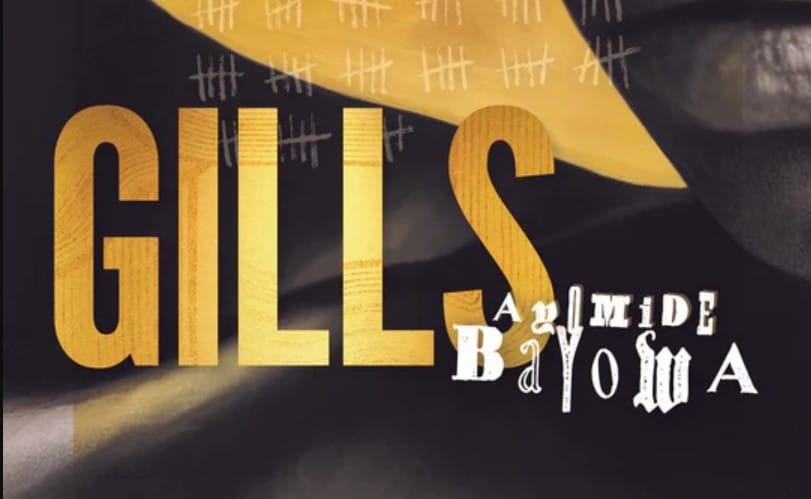Ayomide Bayowa—on his book Gills and the importance of Black history
A discussion on how Bayowa uses poetry to tell his own stories, but also the stories of many to come.
In this age of fast paced and career-oriented living, we often get caught brushing over life’s deeper meanings in shallow ways. We hear but we don’t listen. We swim but we don’t float. Often, we forget to remember the hands that raised us and those that continue to pave our futures.
Ayomide Bayowa is an award-winning Nigerian-Canadian poet, filmmaker, and actor. He is a recent graduate from the University of Toronto Mississauga and currently serves as Mississauga’s Poet Laureate. This spring, Bayowa is publishing a poetry collection titled Gills—a refined version of his first collection Stream of Tongues; Watercourse of Voices. In an interview with The Medium, Bayowa shared insight about Gills and its connection to concepts like survival and socio-economical injustices.
Growing up in Nigeria, Bayowa began his journey as a poet at the University of Ibadan in Oyo, Nigeria. He became inspired by the writings of his teachers and friends. “The first poem I ever wrote [was written for] a friend of mine who is now late,” said Bayowa. “His name is Akinfolarin Pojo, [and he] died of sickle cell anemia in 2017.”
Later in the interview, Bayowa explained that Gills is in part dedicated to Pojo. While most of his writing stems from his own life and the experiences of those that he calls friends, Bayowa aims for Gills to speak to a vast audience. According to the book’s publisher, Wolsak & Wynn, the collection aims to depict the lives of “millions of immigrants” through “dramatic and quip lyrical” language that plays with aquatic and bodily images.
“[The word] gills will give you an impression of a fish—its skin is its natural component for survival,” said Bayowa. “If you, like me, ever feel like a fish, [your] scales are like bubble wrap, exposing [you] to the regular bones of [societal] conditions.”
Relating this analogy to people of colour, Bayowa continued, “Immigrants, like me, are the souls and the palms in Gills. Our presence depends on our skin—for survival or misfortune.”
Through his poems, Bayowa aims to unravel the immigrant experience. His work places Black individuals at the centre, re-living silenced life lessons that many should hear. While poets often write about identity, Bayowa’s words steer away from concepts of the self. His writing speaks for the hearts and the lives of those that have shaped him and those that continue to suffer.
Reflecting on how his Nigerian roots inspired his poetic tongue, Bayowa told a story of a time in Bodija, a Nigerian town, where he and his friends ran from gang members that pursued them—what he described as a “near-death experience.” His friend and colleague, Molawa Davies, wrote a song about this forsaken town titled “Bodija.”
“When I left Nigeria, I listened to this ‘Bodija’ song. I seemed to listen to this song less [after] I wrote a poem titled ‘The Little I Remember.’ I was able to pour out this cycle of feelings that I couldn’t tell [I had],” Bayowa explained.
It is through writing poetry and learning about theatre arts that Bayowa found his voice. By analyzing and “scaffolding” the styles and sounds of other writers and artists, Bayowa learned to fearlessly express his own feelings. He emphasized that poetry writing is using one’s “voice that you use to read in silence”—the only voice that matters.
As we reflect on and celebrate Black culture during the month of February, Bayowa reminds us of the importance of survival—a theme that circulates through Gills. “Gills is about staying above the water. [It is about] survival. And to me, survival is the present and continuous condition of dying,” said Bayowa.
He reminds us that this month is “one for the Black community to have space, reflect, and re-live” the injustices that continue to plague society. Through his poetry, Bayowa aims to educate readers on the barriers that Western ideologies continue to create for marginalized groups.
To conclude the interview, Bayowa left me with a quote to remember: “Consider Blacks your customers. They are always right in their own status,” he said.
For more information on Gills, visit Wolsak & Wynn. To keep up with Bayowa’s poetry and other works, follow him on Instagram @_officialayomi.

